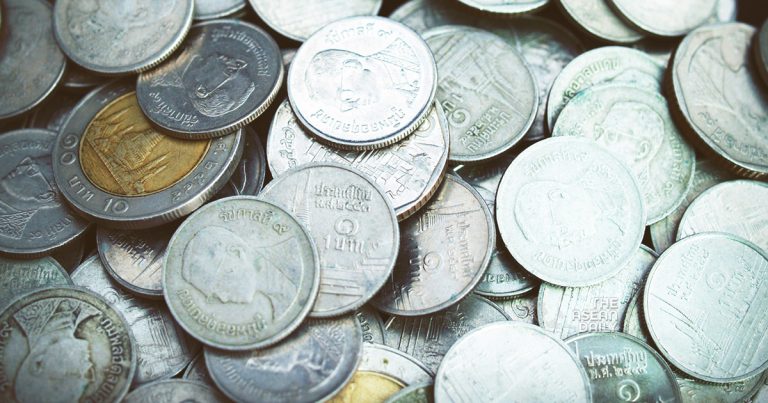28-7-2023 (BANGKOK) The new government must focus on reducing the budget deficit in the long term to establish its fiscal credibility, according to Pornchai Thiraveja, the director-general of Thailand’s Fiscal Policy Office (FPO).
Thiraveja stated that the Finance Ministry’s medium-term fiscal plan requires a gradual reduction of the budget deficit to no more than 3% of GDP by 2027. The government had relied heavily on loans to support the economy during the pandemic, issuing two emergency loan decrees totaling 1.5 trillion baht in 2020 and 2021. The current fiscal year’s budget deficit stands at 3.7% of GDP and is projected to decrease to 3% in fiscal 2024, eventually reaching 2.97% of GDP by fiscal 2027.
Like many other countries, Thailand implemented policies to mitigate the impact of the pandemic, resulting in a significant increase in public debt levels. However, Thiraveja argued that normal fiscal policies should be resumed now that the crisis is over.
He further emphasized that while the new government’s policies would involve substantial increases in public spending, it should exercise control over redundant or unnecessary expenditures to help alleviate the debt burden.
Thailand’s outstanding public debt currently stands at 61.6% of GDP, allowing for borrowing of 8-9% of GDP before reaching the debt ceiling of 70% of GDP.
However, it is crucial for the government to maintain financial and fiscal discipline due to limited debt serviceability. An anonymous source from the Finance Ministry highlighted that the interest payment to government revenue ratio is currently 8.5%, approaching the threshold of 10% set by the Financial and Fiscal Policy Committee.
The source added that policies creating a fiscal burden, coupled with rising interest rates and declining debt repayments, should be implemented cautiously.
Additionally, under Section 28 of the State Financial and Fiscal Discipline Act of 2018, the government is permitted to borrow from state-owned financial institutions such as the Bank for Agriculture and Agricultural Cooperatives and the Government Savings Bank. These funds can be utilized for projects like agricultural subsidies and other relief measures, known as quasi-fiscal policy.
The Financial and Fiscal Policy Committee has set the ceiling rate for state banks to finance state projects under Section 28 at 32% of the government’s annual total expenditure.
As of the third quarter of 2022, the government had outstanding debt under Section 28 amounting to 1 trillion baht, leaving room to borrow 18 billion baht in fiscal year 2023.




